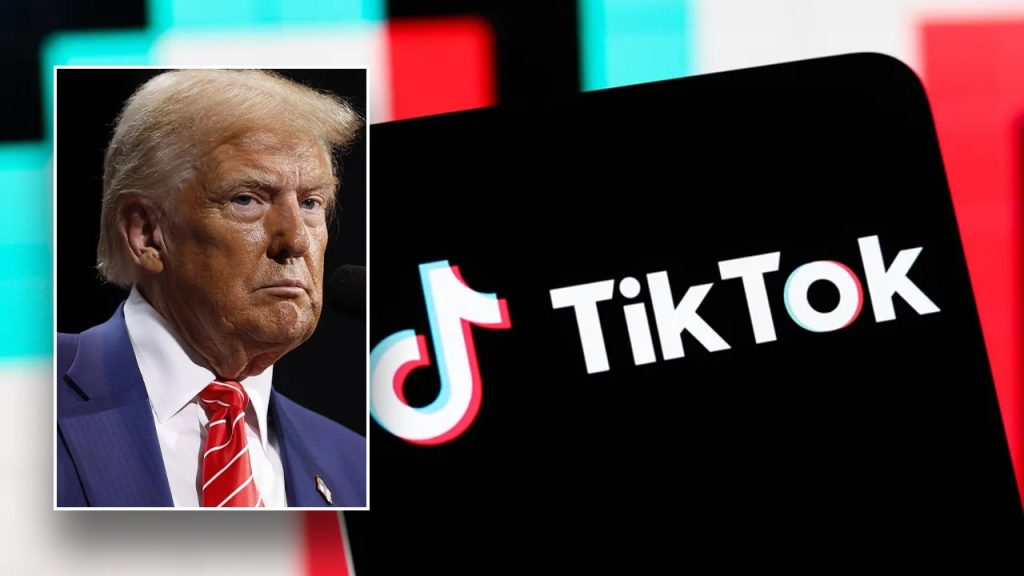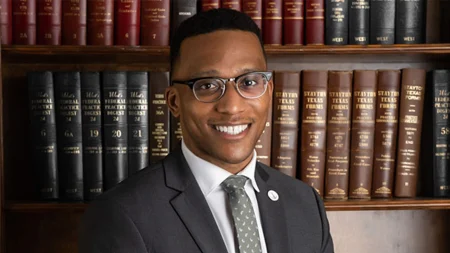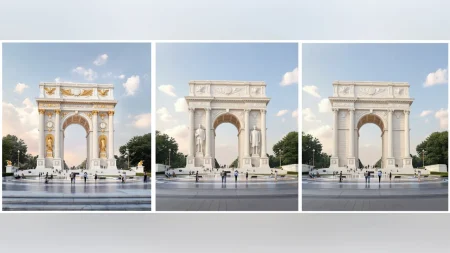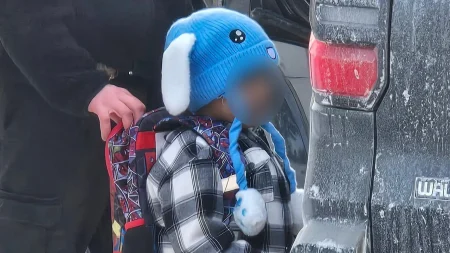Former President Donald J. Trump, anticipating his return to the presidency in January 2025, has inserted himself into the ongoing legal battle surrounding TikTok’s future in the United States. He argues that the unique national security and First Amendment implications of the case necessitate his direct involvement, positioning himself as the only individual capable of navigating the complex issues at hand. In an amicus brief filed with the Supreme Court, Trump requests a stay of the impending ban on TikTok, slated to take effect on January 19, 2025, just one day before his anticipated inauguration. This request stems from his conviction that a political solution, brokered by him personally, is the optimal path forward, superseding the need for judicial intervention.
Trump’s central argument rests on the premise that his impending presidency vests him with the ultimate responsibility for national security and foreign policy, making him the constitutionally designated authority to resolve the TikTok dilemma. He emphasizes that this case presents an unprecedented clash between free speech rights and national security concerns, requiring a nuanced approach that balances both. Bolstering his claim, Trump cites the “powerful electoral mandate” received from the American people, including the 170 million TikTok users, to safeguard their First Amendment rights. He underscores his unique position as the only elected official representing all American voters, further legitimizing his call for presidential authority in this matter.
The former president expresses opposition to an outright ban on TikTok, advocating instead for a negotiated resolution that addresses national security concerns while preserving the platform for its millions of American users. He asserts his unparalleled “dealmaking expertise” and “political will,” referencing his past policy successes achieved through negotiation, as evidence of his ability to secure a favorable outcome. Trump highlights a post on Truth Social where he encouraged those who wish to save TikTok to vote for him, further solidifying his commitment to finding a solution. He believes his approach will prevent the need for the Supreme Court to grapple with the intricate First Amendment questions raised by the case.
Trump’s amicus brief takes direct aim at the timing of the TikTok ban deadline, arguing that its proximity to his inauguration interferes with his ability to manage foreign policy and pursue a resolution that protects both national security and First Amendment rights. He questions the urgency of the January 19th deadline, arguing that the law fails to establish a compelling government interest for such a specific timeframe. Trump points to the provision within the law that allows for a 90-day extension under certain circumstances, reinforcing his argument for a stay to allow his incoming administration to pursue a negotiated settlement.
The legal battle surrounding TikTok involves a law requiring its divestiture from foreign adversary control, specifically its parent company ByteDance, which has ties to the Chinese Communist Party. If ByteDance fails to divest by the deadline, Google and Apple will be prohibited from offering TikTok in their U.S. app stores. TikTok and ByteDance have sought relief from the Supreme Court, requesting a temporary block of the law while they appeal a lower court decision. They contend that the law violates First Amendment rights, arguing that Congress is singling out TikTok and barring it from operating on a significant speech platform.
TikTok has implemented “Project Texas,” a $1.5 billion initiative designed to address U.S. national security concerns by creating a stand-alone version of the platform for U.S. users, isolated on servers in Oracle’s U.S. cloud environment. TikTok CEO Shou Zi Chew insists that this initiative safeguards U.S. user data, managed by Americans in America. However, past admissions by TikTok executives regarding Chinese officials’ access to American data, even when unavailable to U.S.-based TikTok officials, continue to fuel concerns. Despite these ongoing concerns, Trump has signaled support for TikTok, meeting with Chew at Mar-a-Lago and expressing a “warm spot” for the platform, further underscoring his desire to find a solution that preserves its operation in the United States.















